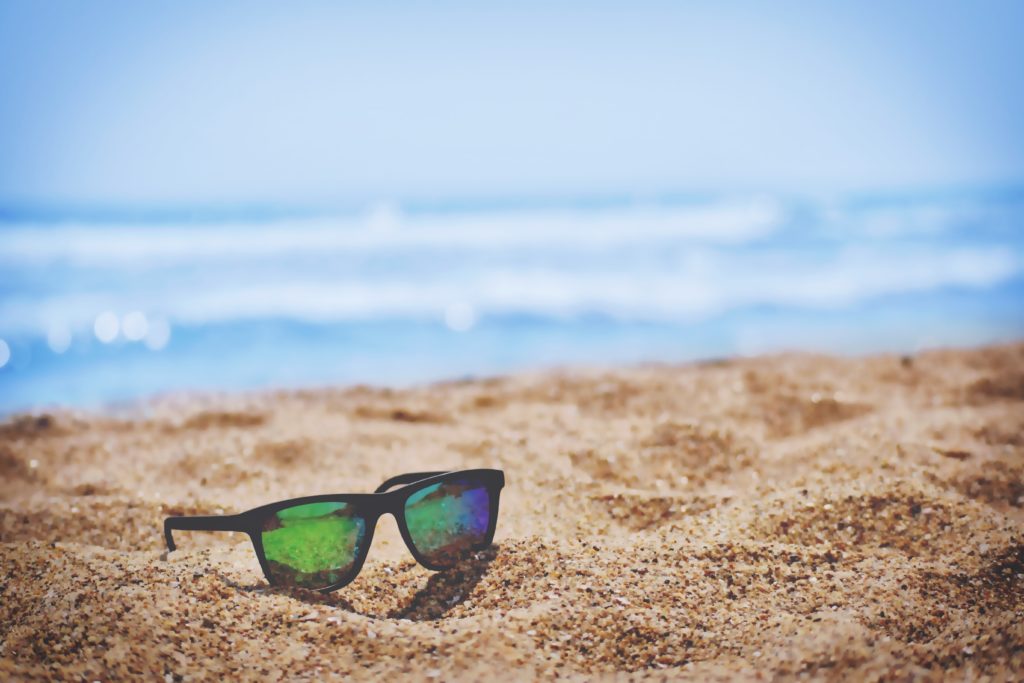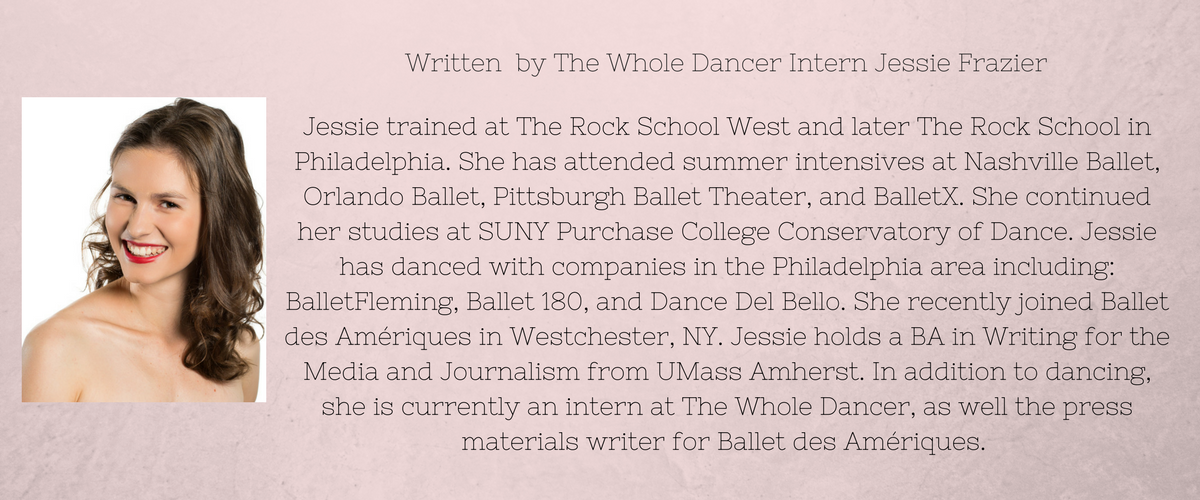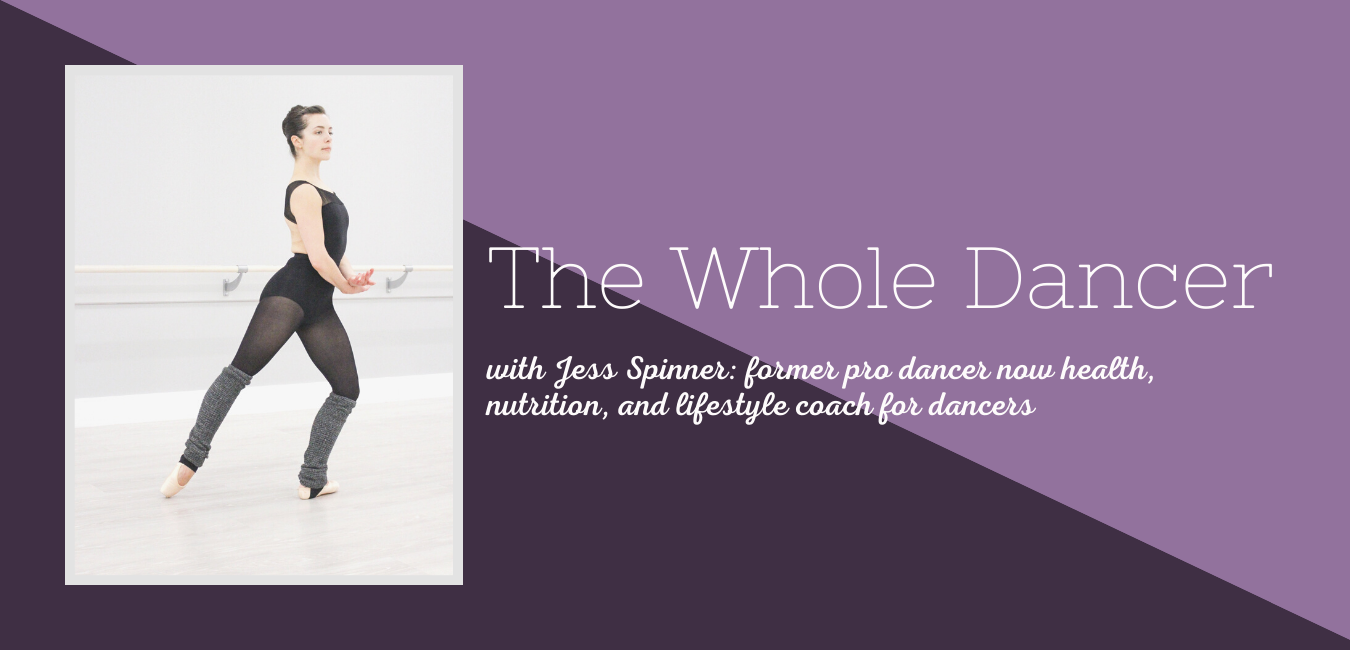Summer Break Anxiety
Feeling anxious about time off from dance?
During the summer many dancers have time off after their last performance of the season. Many dancers fear this time off. They worry about losing technique and strength, or fear gaining weight. Some dancers just don’t know what to do with their free time.
To find solutions about how dancers can cope mentally and physically with summer break, I talked with experts in the dance field, Philippa Ziegenhardt, Dance Counselor and creator of StageMinded and Dr. Elizabeth Barchi, Sports Medicine Specialist at Harkness Center for Dance Injuries in Manhattan.
“It is quite common for dancers to struggle with taking a break from dance, especially if they’re perfectionists, or if they’ve finished the year on a big high with a big performance season,” says Ziegenhardt. “It is normal for people to take some time to unwind from it all and just knowing that can help some dancers settle into their holiday more smoothly.”
“The beginning of summer is a good time to take off. There’s lots of time between performances, you’re not worrying about auditions, and you have time to breathe before summer intensives start,” says Barchi.

Both full-heartedly agree that dancers need to take time to allow their bodies to heal at the end of the season, especially if they’ve been putting off letting injuries heal.
“The human body is designed to function in a rhythm of work and rest. Without adequate rest, you’re at higher risk of injury, illness, loss of motivation and burnout,” says Zeigenhardt.
But how long should that rest be?
Mostly it depends on your company, or school and summer intensive schedule. Barchi and Zeigenhardt advocate dancers taking a few weeks off from dance. “Ideally, it’s great for dancers to initially take a couple of weeks to completely switch off from dancing and rejuvenate their mind, body and soul,” says Zeignhardt. “This is a great time for hanging out with friends and family, laughing, eating delicious food, sleeping in and doing all the fun and interesting things you usually don’t have time for because of dance.”
To start off summer break, Zeignhardt suggests dancers: “give themselves 4-5 days initially to ‘come down’ and specifically do some things that will help them reflect on the year that has been and transition into holiday-mode, e.g. journaling, making a photo collage or another creative outlet, as well as the active recovery activities to provide some structured rest.”
Barchi advises dancers to do active rest- anything that is not dance, for the first week or two of break. Examples of active rest activities include: biking, swimming, hiking, yoga, light aerobic activity, paddle boarding or snorkeling. All of these activities can easily be tied into vacation time. Go biking on the boardwalk, do sunrise yoga on the beach, or hike in the mountains. The goal is: “finding things fun and renewing,” says Barchi.
Summer gives dancers the opportunity to explore interests both in an out of dance. Barchi suggests dancers find another hobby that will fill time so you’re not sitting on the couch. Teach classes, learn how to sew so you can sew skirts to sell as a side hustle, get Pilates or Yoga certified, learn a musical instrument, explore dance history. The goal is to find an activity that will contribute to your art.
While on break, it can sometimes be hard to let yourself relax because your inner critic can be very active. First know that you are not alone, every dancer has these internal thoughts. “I remember myself when I was dancing in the Hamburg Ballet, on summer breaks I often had that nagging inner-critic in my ear saying ‘you shouldn’t be eating that’ ‘you’re getting out of shape’ or ‘you’re lazy’ and it just robbed me of my freedom to enjoy my hard-earned break,” says Zeignhardt.
Zeignhardt advises dancers to combat the voice of criticism by “learning to recognize that inner critic’s voice and call it out when it tries to ruin your relaxed holiday vibes is a really important skill to learn. You have every right to enjoy your rest. And resting is also your responsibility to make sure you come back fresh and motivated.”
If you have a fear of gaining weight while on break, Barchi believes there is no reason to worry…
“Dance does not burn that many calories. Swimming or strength training burns more calories,” says Barchi. She jokes that “bad swimming burns even more calories.”
However, if you take a month off from dance and gain weight, Barchi advises patients to consider working with a therapist and/or nutritionist. Take a month to work through your mental and physical issues with food under the guidance of the necessary professionals.
Here at The Whole Dancer, through both one on one coaching and The Dancer’s Best Body Program, Jess can support you in finding a balance with food that will take you through summer and beyond. You can reach out to her here!
With the fear of taking time off, also comes the fear of getting back in shape in time for the new season. Barchi outlined an example of how a dancer can let their body heal and then gradually come back during a four week break.
Week 1:
Take a period of rest.
Weeks 2+3:
Strengthen other parts of the body by doing crossing training. Do 50 % of your activity level, but not necessarily dance. If you usually dance eight hours a day, do four hours of activity. That could be one hour of pilates, one hour of yoga, one to two hours of just walking around. This is when you do active rest activities.
Week 4:
Take class
“This [weeks 3-4] is also a good time to gradually start adjusting your sleep routine so you’re prepared for upcoming early starts,” says Zeignhardt. “It’s also the perfect time to set some goals and work on your mindset so you can start the new season feeling confident and inspired.”
In Conclusion…
Allow yourself time to breathe, recharge and decompress after all the dedication to dance. If you need support, seek it out from professionals who understand the situation who can support you through the transition. Make it a goal to get to a place where breaks bring you joy!
About Phillippa Zeignhardt:
Philippa danced professionally with the Hamburg Ballet in Germany for 6 years before retraining as a counselor. She founded StageMinded.com in 2011 to equip dancers with the mindset skills they need to survive and succeed in the industry. Philippa is also School Counselor and Performance Psychology teacher at The Australian Ballet School and is mum to 2 crazy little kids. For more information about Philippa, go to Stageminded.com …and if you’re stuck for ideas of things to do this summer, check out her list of 100+ fun activities for dancers here:
100+ fun activities for dancers
About Elizabeth Barchi, MD, Staff Physician at Harkness Center for Dance Injuries
Dr. Barchi is a board-certified pediatrician with an added qualification in pediatric sports medicine. Her early career with Brandywine Ballet sparked both her passion for dance medicine and her career in the innovation of medical care and training of dancers. During her fellowship training at NYU School of Medicine, she studied dance medicine under the mentorship of Dr. Rose and Dr. Weiss. She is thrilled to be a part of the groundbreaking medical and research teams at Harkness Center for Dance Injuries.

